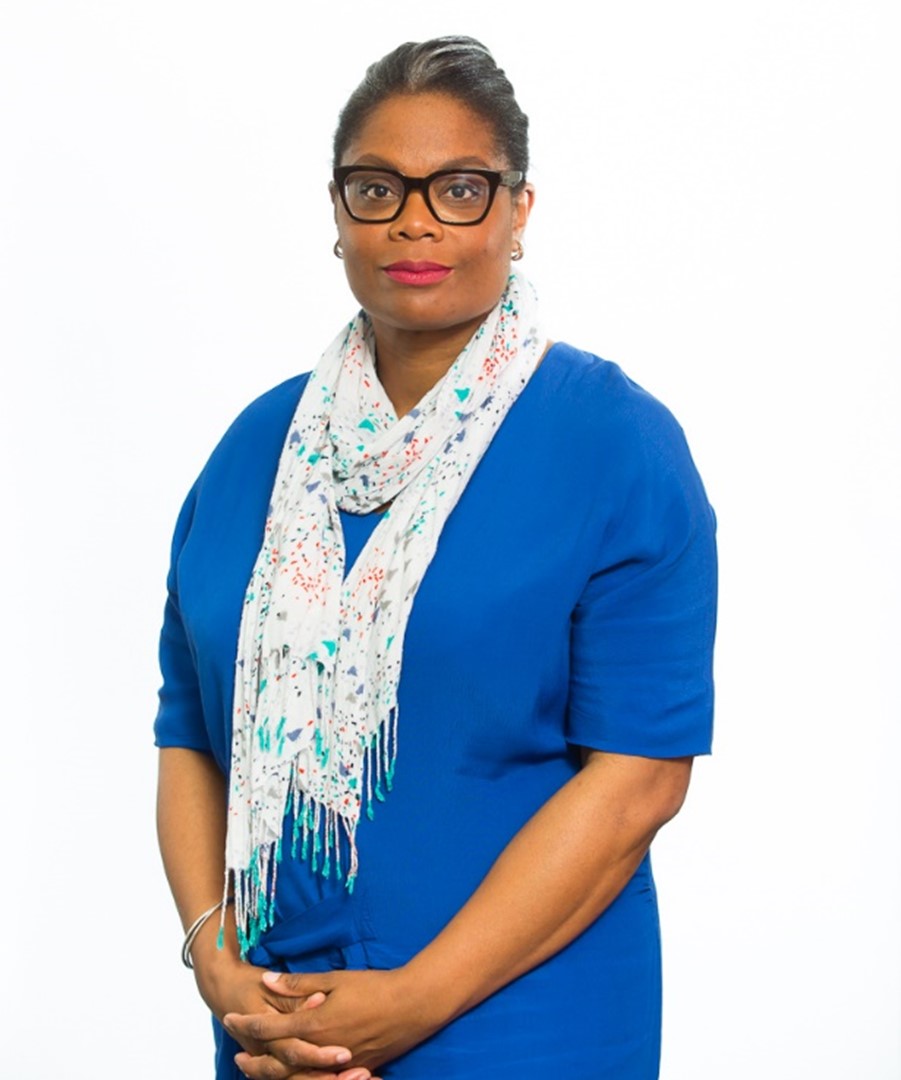 Hello, my name is Sharon
Hello, my name is Sharon
I’m the Deputy Director for the Psychological Professions at Leeds and York NHS Partnership Trust (LYPFT). I am also the Chair of Psychological Professions Network for the North-East and Yorkshire, which is a national network focused on promoting the importance of psychological models in the delivery of health and social care and maximising the benefit of psychological professions for the public in England. www.ppn.nhs.uk
I have worked as a psychologist for about 30 years and started working in Leeds in 2004. My career has been focused on developing services and practicing in a way which is relational, compassionate and supports meaning making for those who have been ‘othered’. I am committed to using my power and authority to ensure that different and diverse voices are in the room where decisions are being made; with a hope that increasing the diversity of views will lead to more inclusive services.
In Leeds one of the priorities for our ‘All Age Mental Health Strategy’ is “to reduce the over-representation of people from Black, Asian and minority ethnic backgrounds assessed and detained via the Mental Health act”.
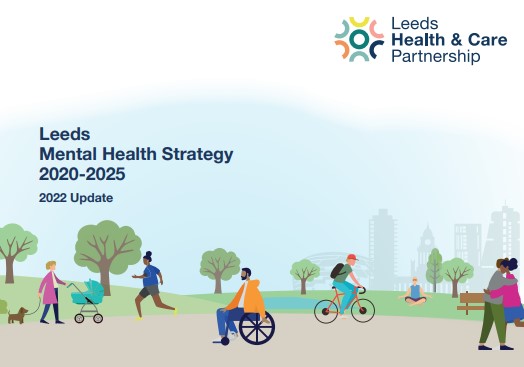 We know that within Leeds and nationally inequalities in mental health act detentions have remained an intractable problem for many years. To tackle this injustice many organisations within Leeds have come together as the Synergi Leeds Partnership to focus on a whole systems and life course approach to reducing ethnic inequalities in mental health services. We are part of a wider national ecosystem of projects including Birmingham, Manchester and London. Our approach in Leeds is based on the assumptions that the failure to affect real change in the past is because people’s voices have been marginalised; difficult views or opinions have been silenced and people in positions of power, particularly those that are white avoid addressing the issue because they fear ‘getting it wrong’. Our approach focuses on the need to work across the whole system, working both inside services and outside in civic spaces.
We know that within Leeds and nationally inequalities in mental health act detentions have remained an intractable problem for many years. To tackle this injustice many organisations within Leeds have come together as the Synergi Leeds Partnership to focus on a whole systems and life course approach to reducing ethnic inequalities in mental health services. We are part of a wider national ecosystem of projects including Birmingham, Manchester and London. Our approach in Leeds is based on the assumptions that the failure to affect real change in the past is because people’s voices have been marginalised; difficult views or opinions have been silenced and people in positions of power, particularly those that are white avoid addressing the issue because they fear ‘getting it wrong’. Our approach focuses on the need to work across the whole system, working both inside services and outside in civic spaces.
The partnership is a community of practice which questions ‘how’ we do things and promotes antiracist practice. It acts as a catalyst for ideas; energises and supports people to be leaders across the system to make changes within their own services. The core project team is focused on developing and supporting the partnership; supporting the development of the Synergi Grants programme which focuses on capacity building within grass roots organisations and finally, co-designing Creative Spaces events with experts by experience.
The Creative Spaces Events are an important ‘engine’ for the Synergi-Leeds programme. They bring together people with lived experience, carers, community members, practitioners, and senior strategic leaders. The focus is on bringing the voices of people with experience directly into the room and using creative approaches – poetry, song, and film to engage attendees in a way that challenges people’s individual prejudice and galvanises them to act.
Recently we screened a documentary (soon to be on YouTube) showcasing the work of the programme through the stories of service users, providers, commissioners, and other stakeholders across the city. It was a great event and enabled us to preview our Creative Spaces project for 2023/24 ‘Remembering what is Forgotten’ a co-produced exhibition to unearth, amplify and showcase the people, initiatives and lived experiences championing equity in mental health for BME communities in Leeds- from the past, present and future.
My commitment to this work is driven by the belief that we should have services which are attuned to the diverse cultural needs of the local community, which could include working with a practitioner who looks like you or receiving a service which recognises the importance and influence of racism in your lived experience. Providing this level of responsiveness requires a whole systems approach with collaboration from a range of partners, and with service user and carer involvement at the centre of everything we do. I also appreciate that this will not happen ’overnight’ but it does need to happen, and we need to move at pace, creating and making the best of opportunities for cultural and system change when they appear. This change towards equitable services is an active process requiring those in positions of power to reflect upon their privilege and how they use their power and authority to bring about change.
Recently, I was at an event and the presenter explained how they got into politics. She said ‘if you’re not at the table you’re on the menu’. I thought this was a brilliant metaphor and have quoted it many times since. However, I’d like to take this idea one step further and ask, ‘who’s designed/built the restaurant?’ as ultimately this structure also influences what happens inside. I think that to address inequities in mental health, we need a radical approach to how we design and deliver services; this can only be done if we include different voices, look to include different knowledge and privilege service user and carer experiences.
There are many services and projects across our Partnership working with culturally diverse groups who are also committed to this journey for equity, so I wonder whether it is timely for us to come together to share our learning and best practice. If this would be of interest to people across the region, then please feel free to contact me and let’s start a wider discussion.
Have a good weekend,
Sharon


 Hi, my name is Emily.
Hi, my name is Emily.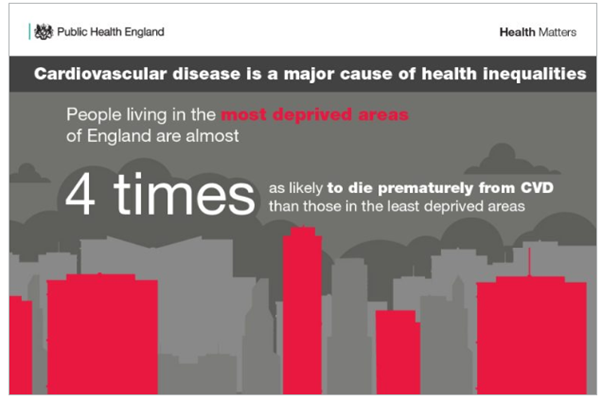
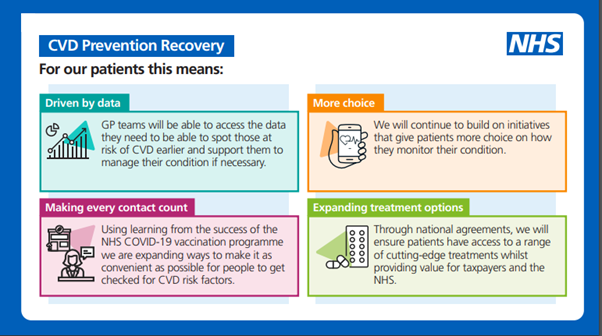
 So, what’s the one thing I want everybody to do?
So, what’s the one thing I want everybody to do? “Stories are data with soul” - there are many wise words our national NHS director of inequalities Dr Bola Owolabi has said over the past few years, but it was this sentence that really stuck with me.
“Stories are data with soul” - there are many wise words our national NHS director of inequalities Dr Bola Owolabi has said over the past few years, but it was this sentence that really stuck with me.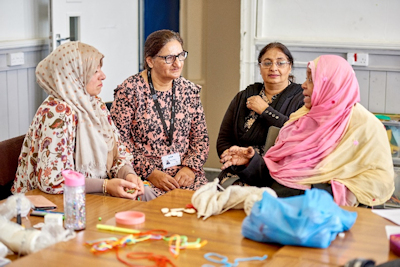 I’ve often found that people want to gather stories at the end of a project, to support the evaluation. However, if we are doing work that directly impacts the lives of people, it is our duty to have conversations and engage with people throughout a project, not just when we need a case study. If we link in with people from the start, we can create a culture of storytelling which allows us to better connect with people and communicate important messages. Sometimes the interviewer might not be you directly but someone who is trusted, who then will be responsible for sharing their story with you for the intended audience. For example, this could be a carer or a trusted community member who has an established relationship with the individual.
I’ve often found that people want to gather stories at the end of a project, to support the evaluation. However, if we are doing work that directly impacts the lives of people, it is our duty to have conversations and engage with people throughout a project, not just when we need a case study. If we link in with people from the start, we can create a culture of storytelling which allows us to better connect with people and communicate important messages. Sometimes the interviewer might not be you directly but someone who is trusted, who then will be responsible for sharing their story with you for the intended audience. For example, this could be a carer or a trusted community member who has an established relationship with the individual.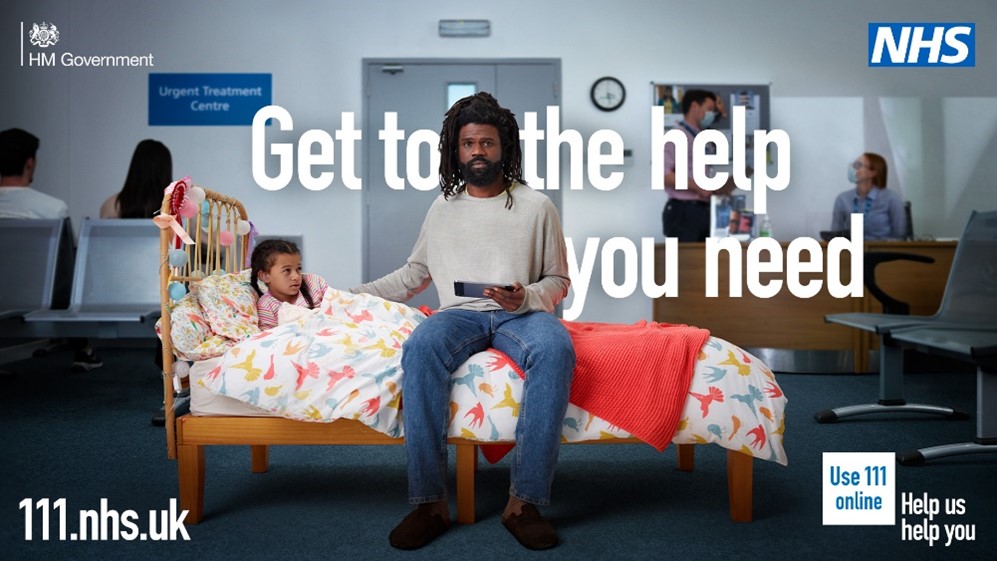 The NHS in West Yorkshire is urging people to plan ahead for their healthcare needs in the run up to what is expected to be a particularly busy time for health and care services in the region. This year, the four-day Easter bank holiday weekend (7-10 April) will immediately be followed by planned strike action by junior doctors (11-15 April).
The NHS in West Yorkshire is urging people to plan ahead for their healthcare needs in the run up to what is expected to be a particularly busy time for health and care services in the region. This year, the four-day Easter bank holiday weekend (7-10 April) will immediately be followed by planned strike action by junior doctors (11-15 April).  Thank you to everyone who supported the consultation on how we deliver our Integrated Care Strategy through the Joint Forward Plan as part of working with people and communities and as set out in our
Thank you to everyone who supported the consultation on how we deliver our Integrated Care Strategy through the Joint Forward Plan as part of working with people and communities and as set out in our 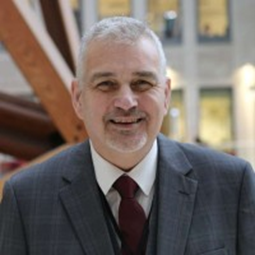 Ralph worked as a Project Manager within the Integrated Digital Services Team in Leeds from January 2019 until January 2023 when he moved to support the West Yorkshire Digital Team. He supported multiple large-scale projects within Leeds that affected all members of staff including the transition to Microsoft 365, Microsoft Teams and the recent rollouts of laptops to primary care networks. From January 2023 he was focussing on supporting care homes to achieve compliance and took to this like a duck to water, receiving lots of extremely positive feedback on the approach he was taking to support the staff.
Ralph worked as a Project Manager within the Integrated Digital Services Team in Leeds from January 2019 until January 2023 when he moved to support the West Yorkshire Digital Team. He supported multiple large-scale projects within Leeds that affected all members of staff including the transition to Microsoft 365, Microsoft Teams and the recent rollouts of laptops to primary care networks. From January 2023 he was focussing on supporting care homes to achieve compliance and took to this like a duck to water, receiving lots of extremely positive feedback on the approach he was taking to support the staff.